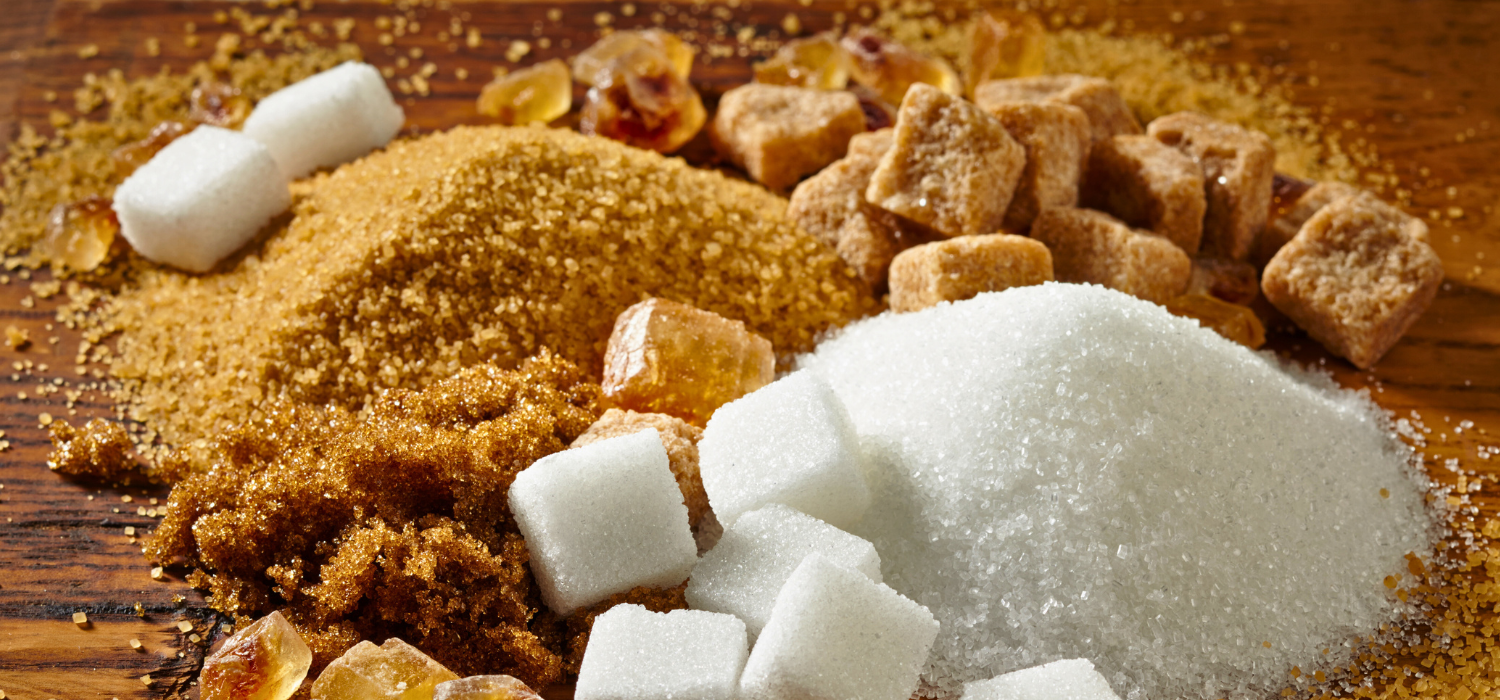

· By Jing DiPiero
Monk Fruit Comparison: The Ultimate Guide to a Natural Sugar Alternative
Monk Fruit: A Natural Sweetener with Health Benefits
If you’re cutting back on sugar, you may have come across monk fruit—an ancient natural sweetener that's gaining modern attention for its impressive benefits. Extracted from a small melon native to Southeast Asia, monk fruit offers intense sweetness without any calories, making it a popular choice for those who want to satisfy their sweet cravings without sacrificing health. But how does it compare to other natural alternatives like stevia or erythritol?
In this guide, we’ll take you through everything you need to know about monk fruit, from its unique flavor to its potential health benefits. We'll also compare it to other popular sweeteners so you can decide if monk fruit is the perfect addition to your pantry and lifestyle.
What Is Monk Fruit and Why Consider It?
Overview of Monk Fruit
Monk fruit, also known as Luo Han Guo, hails from southern China and has been used for centuries. Its name comes from the monks who cultivated it during the 13th century. Monk fruit sweeteners are 150-250 times sweeter than sugar, thanks to mogrosides, natural compounds that give it its intense sweetness. Best of all, monk fruit contains zero calories and carbohydrates, making it an ideal choice for those managing their calorie intake or blood sugar levels.
Health Benefits of Monk Fruit
Monk fruit doesn’t just taste good—it can also be beneficial for your health. Here’s why:
- Zero Calories and Carbs: A perfect option for those focusing on weight management or blood sugar control, especially for people with diabetes or those on low-carb diets.
- Rich in Antioxidants: Mogrosides, the compounds responsible for monk fruit's sweetness, are powerful antioxidants that can help fight free radicals and reduce oxidative stress, which may lower the risk of chronic diseases.
- Anti-Inflammatory Properties: Some studies suggest that monk fruit may help reduce inflammation, potentially protecting against conditions like arthritis and heart disease.
- Diabetic-Friendly: Monk fruit sweetener doesn’t raise blood sugar levels, making it a safe option for those managing diabetes.
In summary, monk fruit is a natural, calorie-free sweetener packed with antioxidants and anti-inflammatory benefits, making it an excellent alternative to traditional sugar.
Comparing Monk Fruit to Traditional Sugar and Other Sweeteners
Monk Fruit vs. Traditional Sugar
Taste and Sweetness
Monk fruit is much sweeter than traditional sugar, with a slight fruity undertone and no aftertaste. Unlike sugar, it won’t spike your blood sugar, making it ideal for anyone watching their glucose levels.
Nutritional and Health Impact
Traditional sugar contains 16 calories and 4 grams of carbs per teaspoon, which can contribute to weight gain and an increased risk of diabetes. Monk fruit, on the other hand, has no calories or carbs.
Monk Fruit vs. Stevia
Key Differences in Taste and Usage
Monk fruit has a natural, fruity sweetness with no aftertaste, whereas stevia can sometimes have a slightly bitter or metallic finish. Monk fruit is 150-200 times sweeter than sugar, while stevia can be 200-400 times sweeter.
Health Benefits and Drawbacks
Both sweeteners are suitable for people with diabetes as they don’t raise blood sugar levels. Monk fruit also contains mogrosides, which have antioxidant properties. Some stevia formulations include sugar alcohols, which may cause digestive discomfort in sensitive individuals.
Monk Fruit vs. Erythritol
Health Impact Comparison
Monk fruit has zero calories and no effect on blood sugar, while erythritol, a sugar alcohol, has about 0.2 calories per gram. Erythritol can cause digestive discomfort in some people if consumed in large quantities.
Versatility in The Kitchen
Monk fruit is far sweeter, meaning you need less of it. Erythritol is often blended with monk fruit to balance sweetness and create a bulkier texture suitable for baking.
Monk Fruit vs. Allulose
Similarities and Differences
Both monk fruit and allulose are low-calorie sweeteners. However, monk fruit is 150-200 times sweeter than sugar, while allulose is about 70% as sweet as sugar. Monk fruit has a more distinctive, fruity flavor, while allulose more closely mimics the taste and texture of sugar.
Benefits and Drawbacks
Monk fruit is calorie-free, while allulose contains 0.2-0.4 calories per gram. Both are heat-stable and can be used in baking.
FAQs about Monk Fruit
Is Monk Fruit Safe for Diabetics?
Yes, monk fruit does not raise blood sugar levels, making it a safe choice for people with diabetes.
Can Monk Fruit Be Used Daily?
Absolutely. Monk fruit is considered safe for everyday use, with no known adverse effects. The Cleveland Clinic reports that consuming monk fruit in typical amounts used for sweetening foods and beverages poses no risks.
How Does Monk Fruit Affect Weight Loss?
By reducing your overall calorie intake, monk fruit can support weight management. Its zero-calorie, zero-carb nature makes it a great alternative to sugar for those looking to cut calories without giving up sweetness.
Is Monk Fruit the Right Choice for You?
Why Choose Monk Fruit?
Monk fruit is a natural, zero-calorie, low-carb sweetener that offers added antioxidant benefits. If you’re looking to reduce sugar intake, manage your weight, or control your blood sugar, monk fruit is a great option. However, everyone’s taste preferences are different, so finding the perfect sweetener is a personal choice.
Finding Your Perfect Sweetener
Your choice of sweetener should align with your health goals, dietary restrictions, and taste preferences. Monk fruit is a great option for those seeking a natural, zero-calorie alternative, but if you prefer the taste or texture of other sweeteners like allulose or erythritol, consider trying different options to find what works best for you.
You can also explore our range of drink blends, all naturally sweetened with monk fruit extract. From Detox and Digestion to Energy, Immunity, and Relaxation, our blends offer delicious and functional options to support your wellness goals. Discover the perfect blend for you here.
